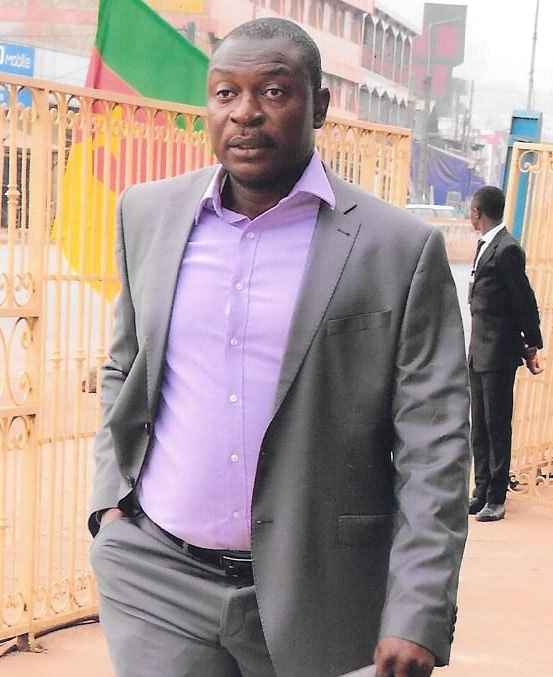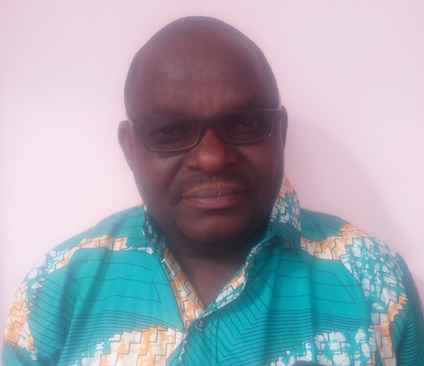About Nahpi

Fidelis CHO-NGWA, Professor
Director
Creation
Created by Decree nº 2017/582 of 24 November 2017 as an establishment of The University of Bamenda. Decree nº 2017/581 of 24 November 2017 lays down the administrative and academic organisation of the Institute and provides for the creation of departments by Order of the Minister of Higher Education to meet the socio-economic needs of Cameroon.
Vision
To become a leading institute for hands-on training in engineering disciplines, excelling in research and providing engineering solutions to development problems of Cameroon, Africa and the world.
Mission
Nahpi is created to do the following:
- Provide initial and continuous training as well as research in the fields of engineering and technology.
- Carry out the retraining and further training of professionals in the aforementioned fields.
- Provide development support, particularly through service provision and sustainable development management

Nfah Mbaka Eustace, Associate Professor
Deputy Director
Objectives
To achieve its missions, the School of Engineering will undertake to fulfil the following objectives:
- Provide engineering education in a learner centred environment, using the competency-based approach, which will enable life-long learning.
- Provide thorough hands-on training so that graduates are field-ready and immediately effective on the job.
- Create enduring relations with industry for industrial attachments supervised by professionals and participation of professionals in academic and professional programmes.
- Provide continuing education opportunities to professionals and to graduates of general disciplines.
- Encourage and undertake research for knowledge creation and the resolution of problems in industry and communities.
- Put in place an enterprise incubator for the promotion of young entrepreneurs and start-ups.
Outcomes
Graduates of the School of Engineering will:
- Possess in-depth theoretical knowledge and practical skills in a chosen engineering discipline.
- Be able to transform skills and knowledge acquired to problem-solving capability on the job.
- Be flexible to function effectively in different types of work environments.
- Possess effective oral and written communication skills.
- Use information and communications technologies for professional and societal development.
- Be imbued with a healthy respect for the environment and its protection.
- Understand the consequences of engineering technology on society